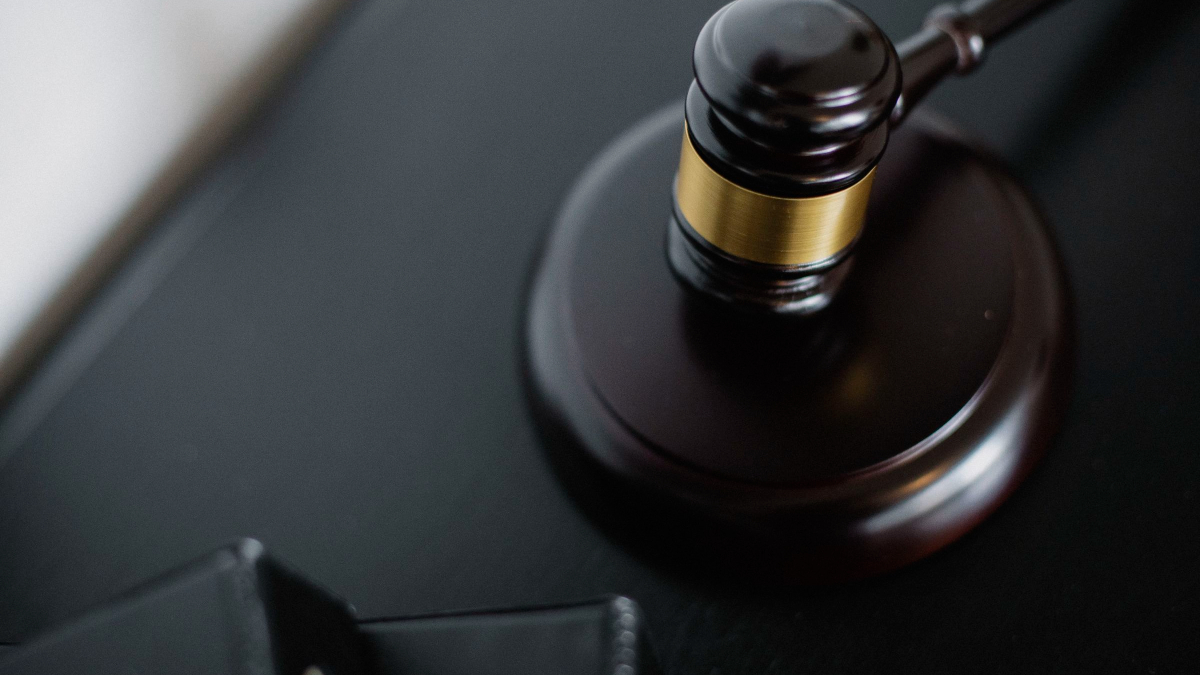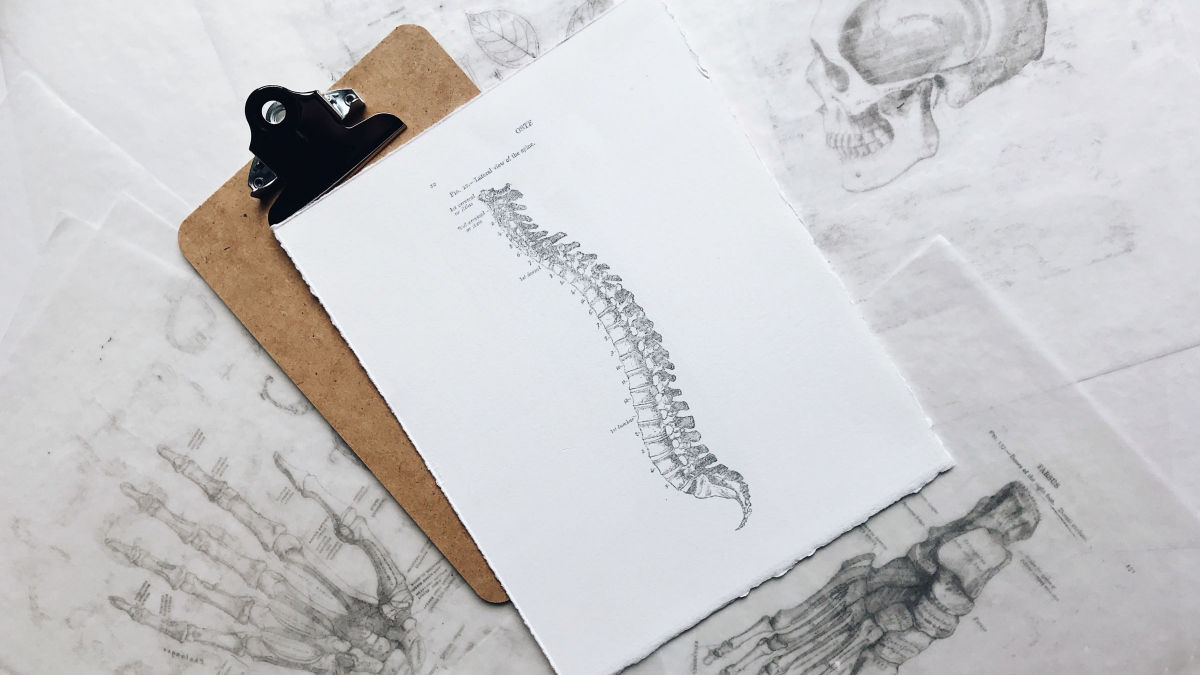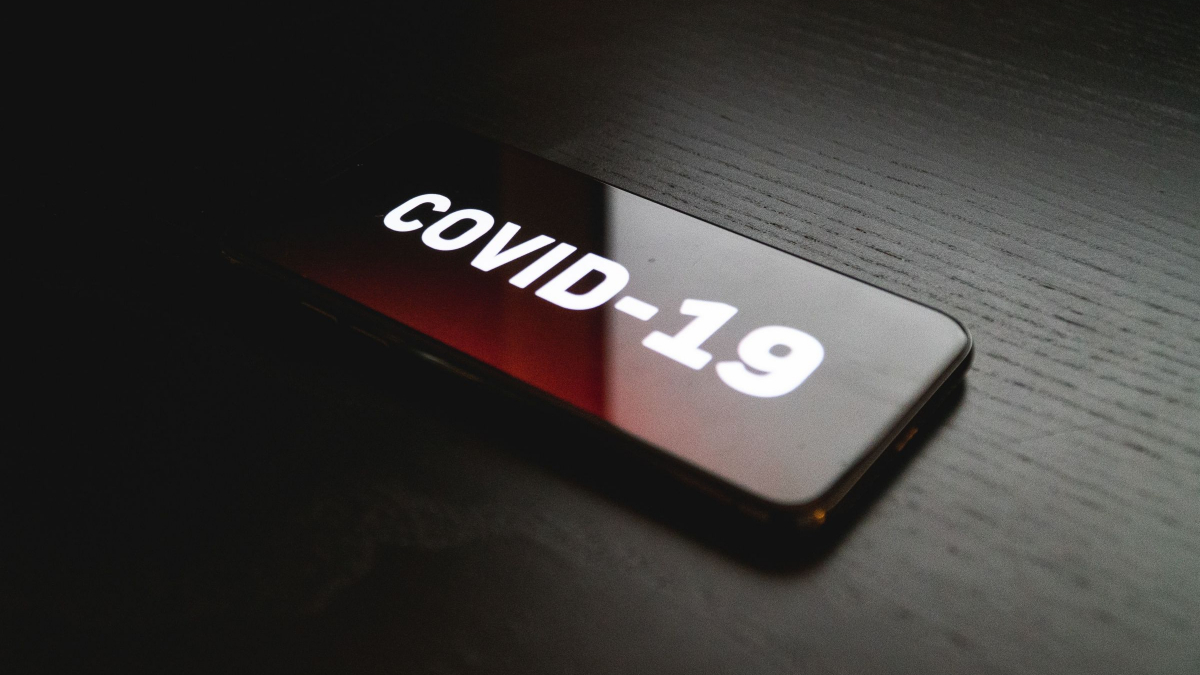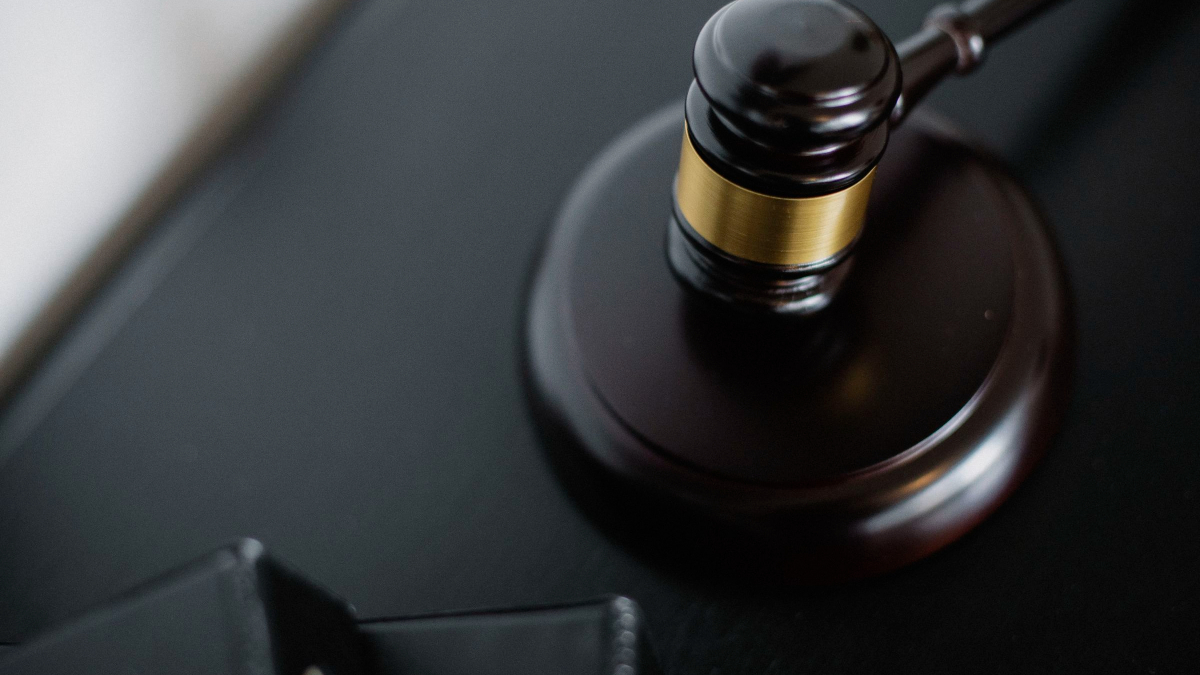A class-action lawsuit has been filed against Geico, and its parent company Berkshire Hathaway, The suit comes after Geico informed its customers on April 9 that a breach in security had happened, and said drivers’ license numbers were stolen.
The suit has recently been filed, and it is very early in the legal process. For now, there is nothing for customers and former customers to do but wait. When the case is settled, which could be a long tie from now, you might be able to submit a claim for damages.
The lawsuit calls the incident “foreseeable” and charges the company for failing to safeguard confidential information. This applies to current and previous customers, and there may be millions of them.
Geico, and Berkshire Hathaway, have offered those affected 12 months of identity theft and credit monitoring service. The suit says that does not provide any help for people who have been hurt by the data breach, nor does it address potential issues in the future.
The suit also said that while drivers’ license numbers may have been all that was stolen, a lot of other personal information may have been hacked and stolen as well. Information like social security numbers, phone numbers addresses, date of birth, and various financial account numbers have been collected by Geico, and could still be vulnerable.
In notifying customers of the breach on April 9, Geico said drivers’ license numbers may be used to apply for unemployment benefits in the policyholder’s name.
The suit charges the breach happened between Nov. 24, 2020, and March 1, 2021. Geico did not tell its customers exactly when it happened then notifying them on April 9.
The suit notes the plaintiffs in the case have already had false unemployment benefits applied for in their name. There is enough information on a driver’s license to apply for benefits.
The suit says Geico and Berkshire Hathaway agreed to safeguard and protect customers’ information on various documents. It says the company should have known they would be a likely target of cyber-attacks because of the amount of information they handle.
There are some specific people involved in the lawsuit, but it seeks to recover damages for all individuals in the United States who were harmed, or potentially harmed by the data breach.











